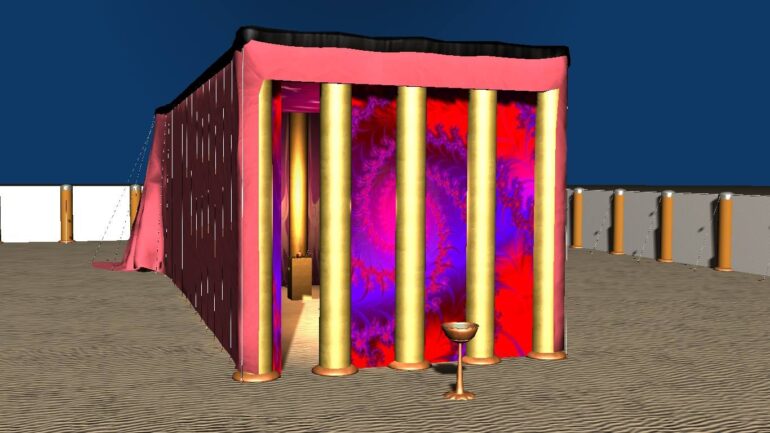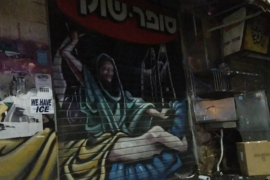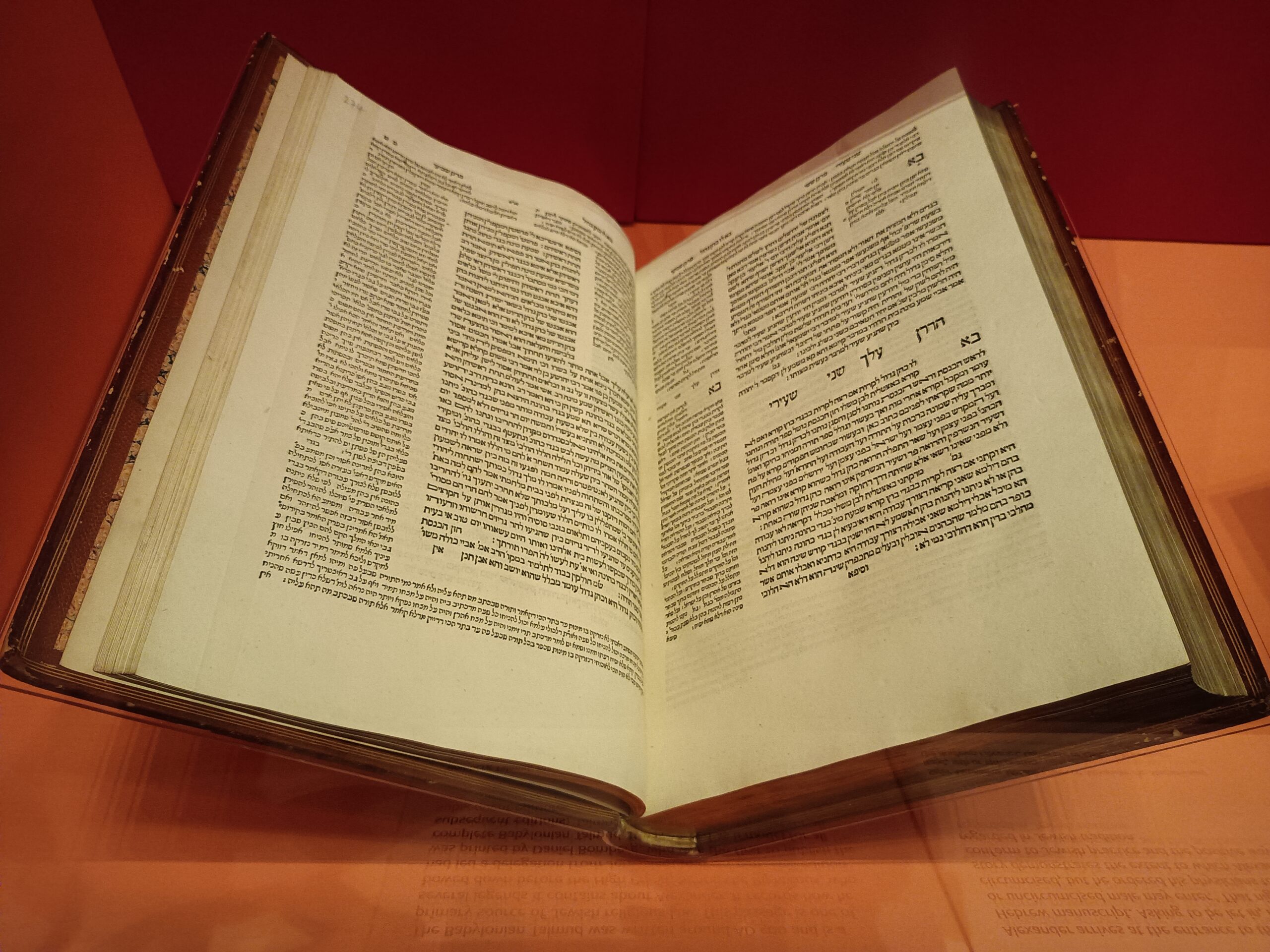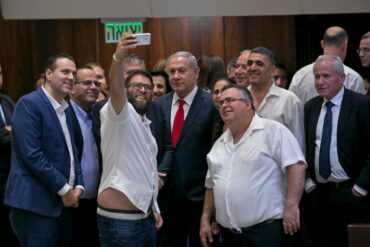While the Torah’s first Book focuses on the story of Creation, the early years of mankind and the emergence of Israel, the second brings the Hebrews out from the depths of Egyptian bondage to freedom.
It recounts Am Yisrael receiving the Torah at Sinai and being charged with our national mission of bringing humanity to the awareness of HaShem as the timeless ultimate Reality without end – the indefinable infinite Whole that creates, sustains and empowers all existence.
Pekudei in particular focuses on the completion and sanctification of the Mishkan. Sforno comments that the Aron central to the Mishkan is of such incredible kedusha that it has survived in perfect condition despite savage wars and the passage of time. Unlike the two Temples, which were destroyed by human armies, the original Ark remains eternally whole and undamaged.
Sforno further explains that this miraculous status is mainly derived from the virtue of the great men involved in its construction. Directed by Moshe, supplied by Itamar and built by Betzalel, the Aron carries within it the engraved Ten Commandments from Sinai. These Tablets symbolize Israel’s eternal bond with HaShem and – like this great bond – are impervious to time or circumstance.
In contrast to the Mishkan, Shlomo’s Temple was built in great measure by foreign laborers. Although HaShem’s Presence rested upon it, its parts became worn with time and would often require repair.
The second Temple was built due to permission from the Persian King Cyrus and never enjoyed even the Divine Presence of the original. Both Temples were vulnerable to destruction and were in fact smashed at the hands of foreign conquerors.
The third and final Temple, however, will possess the superior kedusha of the Mishkan and will therefore be invulnerable to the actions of man.
This Temple, while still yet to be built, requires us to fully desire and thirst for its construction. Recognizing the terrible void in our world caused by the absence of Jerusalem’s Temple enables us to practically work toward its eventual realization.
Actualizing our people’s most ancient yearnings necessitates that we develop a deep vision and unbreakable certainty in our destiny as the nation that will bless mankind with the awareness of HaShem as the Source of our collective unity. Yet on the road to this lofty universal goal, we must meet the challenges confronting our people with a readiness to do the Kadosh Barukh Hu’s Will – even if doing so might infuriate foreign leaders.
Rabbi Yaakov Moshe Ḥarlop – a leading student of Rabbi Avraham Yitzḥak HaKohen Kook – teaches in Mei Marom (based on teachings from the holy Zohar) that the most important commandment facing Israel in any particular generation is that specific mitzvah which the gentile nations most vehemently oppose. In periods of history, for example, when foreign rulers outlawed circumcision, Shabbat observance or the study of Torah, these commandments attained supreme value over others.
The mitzvah that dominant nations are most fervently against automatically requires extra valor and self-sacrifice to fulfill. Observing these precepts suddenly becomes an act of resistance to oppression and takes on higher meaning as an expression of emuna in HaShem’s all encompassing unity.
The stage has been set for the generation of redemption. HaShem has placed His treasured people in a position where many of the greatest national mitzvot are precisely the policies that would most challenge the regional interests of foreign powers.
If Israel fears the international community and seeks to appease it by betraying our aspirations and violating our Torah, the difficulties facing us are likely to persist.
But if Israel ascends to a level of unbreakable certainty that there is nothing in existence outside of HaShem and that no evil can result from following His instructions, we will advance towards achieving our national mission of building the civilization that will manifest His Divine Ideal while blessing mankind with the supreme light of His Torah.





